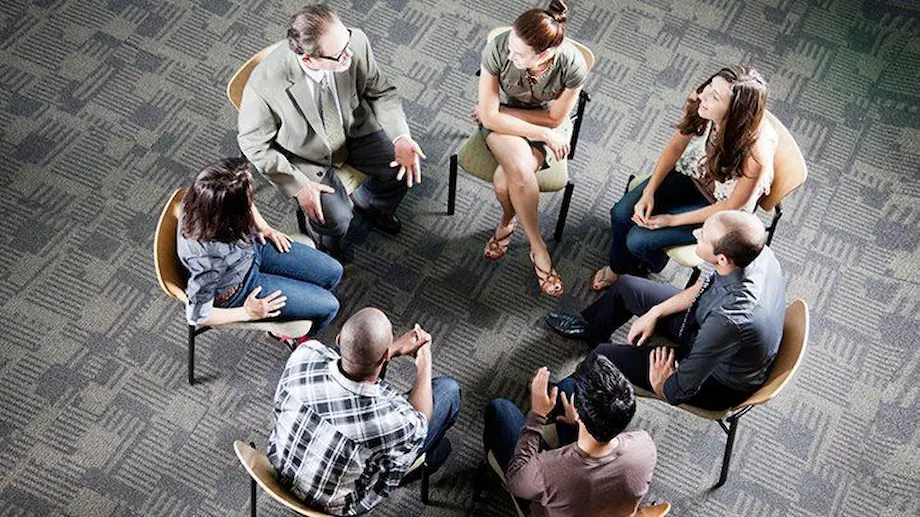24/7 Helpline:
(866) 899-221924/7 Helpline:
(866) 899-2219
Learn more about Dual Diagnosis Rehab centers in Gladwin County
Dual Diagnosis Rehab in Other Counties

Other Insurance Options

Health Net

State Farm

Excellus

Covered California

Providence

Horizon Healthcare Service

Evernorth

Sutter

Optima

Regence

Holman Group

Meritain

UMR

Aetna

UnitedHealth Group

Ambetter

WellCare Health Plans

Molina Healthcare

Sliding scale payment assistance

BHS | Behavioral Health Systems

Ten16 Recovery Network
Ten16 Recovery Network has a proud history of providing services to people impacted by substance use...







AA – Alcoholics Anonymous
AA – Alcoholics Anonymous is a non-profit rehab located in Gladwin, Michigan. AA – Alcoholics Anonym...

